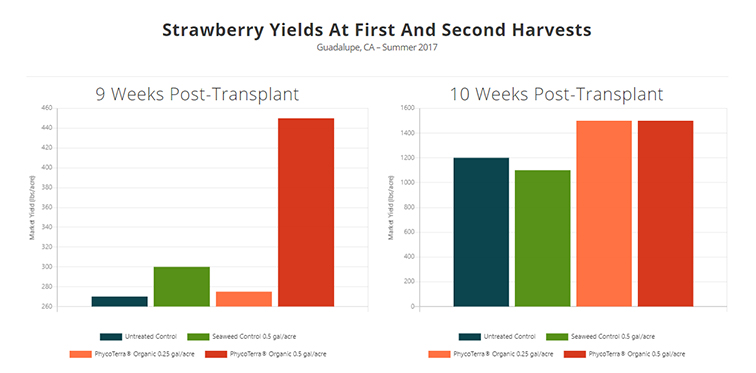Present The Facts On GMOs [opinion]
Genetically modified organisms (GMO). Why do those three words strike fear in the hearts of some consumers? We know those fears are not founded. I have listened to researchers who have said the technology
is safe. In fact, genetic modification has been widely used throughout agriculture for more than 15 years.
So how do we get the message to consumers that using this technology is not only safe, it is necessary? How do we explain its advantages?
For you, the potential benefits are fewer applications of pesticides (which will save you money), an increase in yield, and better quality produce that will command a higher price.

Rosemary Gordon
For the consumer, however, the benefits aren’t the same. Plus, those opposing GMOs have been very vocal, bending the collective ear of the consuming public.
It’s our turn now. We need to have our voices heard. While at the Great Lakes Fruit, Vegetable & Farm Market Expo in Grand Rapids, MI, last month, I had an opportunity to listen to Michele Payn-Knoper, who has worked with farmers in more than 25 countries and founded the weekly online Twitter conversations, AgChat and FoodChat. Payn-Knoper’s presentation focused on how to be the voice of agriculture and tell your story. One thing she said that really stuck with me is when discussing ag with consumers, avoid using farm lingo. Authenticity and language really matter, she said.
So, how do we begin? As an industry, we need to present a united front, and instead of using words such as “silencing a gene” or other scientific and farm terms, let’s focus on the consumer benefits and move away from the negativity and misinformation that surrounds this topic.
If we take the advice of Payn-Knoper, we will go to consumers and let them know that this technology is safe and will lead to higher quality fresh produce.
If we don’t take this opportunity and explain the need for GMOs, the result may be the elimination of an important tool. For example, the technology may help citrus growers fight HLB (Huanglongbing), which has been a huge issue the last few years. We certainly don’t want to doom an entire industry based on unfounded fears.
To help make sure that doesn’t happen, this year American Vegetable Grower will be leading a discussion on the topic, providing details about the safety of GMOs and information on the facts and myths surrounding the technology. We will also point out why genetically modified crops are sustainable, and why implementing this technology is the responsible thing to do.
Stay tuned for more details in the coming months.









